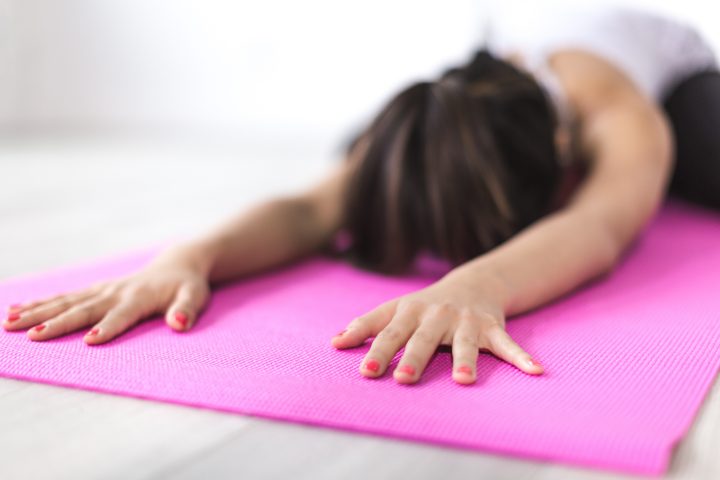
Coronavirus is not just a threat to our physical health; our response to the disease is also having a significant impact on mental and emotional well-being. The stress of worrying about potential illness, the concerns over job loss and financial instability, and the impacts of social distancing are all creating added stress. One way that we can limit the impact of those stressors is through self-care.
Self-care is defined as the practice of taking an active role in protecting one’s own well-being and happiness, in particular during periods of stress. Now, more than ever, it is important to protect and boost your health and wellbeing. Below are 6 self-care habits you can implement while quarantined at home:
Without any structure throughout the day it is easy to feel like you are at your wits end. The first tool to consider is building some structure into your day. The framework for your routine could start with good self-care practices and fold in all of your other healthy coping tools. When developing a routine consider quality sleep, set meal times, daily exercise, engaging activities, the practice of spiritual principles, and healthy connection with others.
Though this may seem cliché, at Bridging the Gaps we know that a strong foundation in nutrition is key to well-being. Good nutrition will help to stabilize your mood so that you feel less anxious and restless. In addition, it will help you to boost your immune system which is something we can all benefit from right now. Focus on the basics – get plenty of protein and fresh produce while limiting sugar, processed foods, and mind-altering substances (including caffeine). While it may be tempting to snack on junk food while in quarantine, you will feel so much better if you turn off the TV and practice your cooking skills.
For those of us staying home all day, it is way too easy to just sit on the couch and do very little in the way of movement. Exercise may not be your thing, but you will feel so much better if you just get up and move around regularly. This can be as simple as going out for a nice walk around the block. You could try doing some stretches in the morning to limber up. If you are feeling more adventurous, the internet is full of free workout videos. Anyone up for some 80s Jazzercise?
Just as important as getting movement, we also need good quality sleep to feel well and for our immune systems to be at their best. As part of your routine, set a regular bed time and wake time. If you are struggling with sleep now that your daily routine is off, you can try these sleep hygiene practices: avoid caffeine (especially late in the day) and other mind-altering substances; turn off screens an hour before bed and dim the lights; stop eating a few hours before you plan to sleep; and make your room cool and dark.
Self-care is not just about physical health and well-being. Coronavirus is impacting our mental and emotional health as well. Set aside time in your day to let go of the stress. You could try a meditation practice or set aside time for prayer. Having time each day to attend to your mental and emotional health will do wonders for your ability to cope with everything going on around you. If meditation or prayer seems like too big a leap, you could start with a simple breath practice or spend time writing in a journal.
Chances are good that you have extra time on your hands. You have a choice on how to spend that time. Now is your opportunity to explore any hobbies or interests that you have. The more you engage in interesting, enjoyable activities, the less you will be tempted to dive into unhealthy patterns. Here are some ideas:
-Learn to cook
-Train for a 5k or some other sporting goal
-Build something
-Write a blog or a book
-Read, study, learn (online class, anyone?)
-Find a new game to play
-Start a garden (it is Spring!)
-Learn a craft or start an art project
The above are basic, but powerful, self-care practices that can help you to cope with the added stressors associated with the threat of COVID 19. For some, these tools will not be enough on their own. One coping tool that may be tempting right now is substance use. If you, or someone you love, is struggling with drug or alcohol addiction please reach out for additional support.